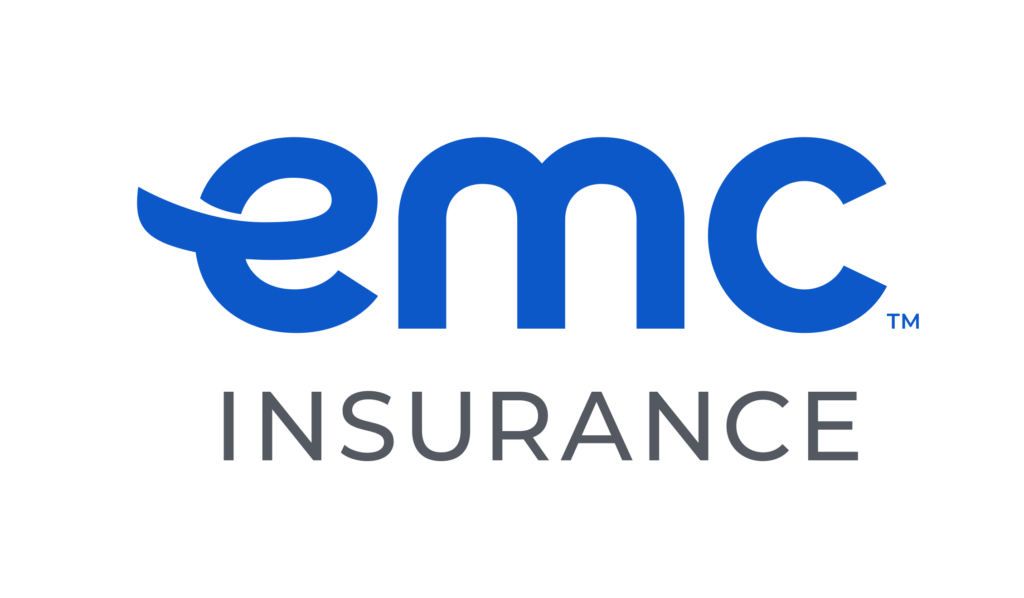A municipal minefield

Dear Mr. Berko:
What do you think of municipal bonds? I recently read that Bill Gross, who manages PIMCO, the biggest municipal bond fund, recently invested $4.5 million in it, bringing his total to $9 million in this tax-free fund. I’m thinking if it’s good enough for him, it should be good enough for me. I have $300,000 in stock, and if you think it is a good idea, I would sell $75,000 in stocks and put it in some good tax-free investments that you recommend.
M.B., Bloomsburg, Pa.
Dear M.B.:
Today, investors must be double-extra-special careful when buying municipal bonds. Yes, I know that Bill “Muni-man” Gross, who runs the $1.3 trillion PIMCO fund (the largest municipal bond fund in this quadrant of the galaxy), just doubled his personal investment in PIMCO to $9 million.
Some would say PIMCO’s $1.3 trillion in munies is not an investment in the bond market – rather, it is the bond market. The total outstanding municipal bond debt is just under $3 trillion, so PIMCO owns 45 percent of the entire kit and caboodle (talk about too big to fail). But according to Forbes, Muni-man is worth $2.1 billion, so his $9 million investment is less than 0.45 percent of his net worth. His investment doesn’t impress me one whit and is no reason for you to invest.
I think the muni bond market is in for a kick in the grass this year or early 2012. Several small municipalities had to declare bankruptcy last year, and several large municipalities may follow suit this year.
Detroit, once proudly called Motor City until the unions assisted the demise of the auto business, may be close to corpse status. A desperate city council is cutting essential services to 20 percent of the city – no road repairs, streetlights, police protection or garbage collection.
Meanwhile, two New Jersey cities, Camden and Newark, need blood badly, but no one wants to donate. Harrisburg, Pa., just missed a $10.5 million bond payment and is struggling for solvency. And the state of California is, by acceptable accounting standards, bankrupt.
Meanwhile, the National League of Cities indicated that 80 percent of its members are downsizing personnel, eliminating programs, reducing services and restricting consumption. There’s a lot of scary stuff going on that argues for extreme caution in owning muni bonds.
And of course, there are rising interest rates. I’m willing to wager my mint collection of 117 Barbie dolls to a dozen of Gram’s Donuts (Largo, Fla.) that rates will be significantly higher in two years.
But here are a few municipal bond trusts that the consensus seems to favor. Western Asset Municipal Defined Opportunity Trust (MTT-$19.85) is non-leveraged, trades at a 2.8 percent discount to net asset value (NAV) and yields 5.4 percent. Nuveen Select (NXR-$13.09) is non-leveraged, trades at a 2.6 percent discount to NAV and yields 4.9 percent. Nuveen Municipal Value (NUV-$9.18) is non-leveraged, trades at a 2.1 percent discount to NAV and yields 5.2 percent.
If you want to take a municipal gamble, you might consider BlackRock Muni California (MYC-$13.20), which is 44 percent leveraged, trades at an 8.8 percent discount and yields 7.2 percent.
Please address your financial questions to Malcolm Berko, P.O. Box 1416, Boca Raton, Fla. 33429 or e-mail him at malber@adelphia.net. ©2011 Creators.com










